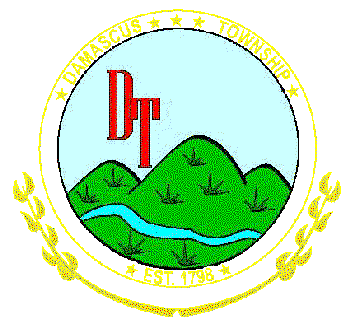
WAYNE COUNTY, PENNSYLVANIA
60 CONKLIN HILL ROAD, DAMASCUS, PA 18415

 |
WAYNE COUNTY, PENNSYLVANIA 60 CONKLIN HILL ROAD, DAMASCUS, PA 18415 |
 |

NEWS ITEMS COURTESY OF THE PENNSYLVANIA TOWNSHIP NEWS MAGAZINE
PRESENTED BY THE DAMASCUS TOWNSHIP BOARD OF SUPERVISORS
Lawmakers Want to Make Community-Based Local Government Unconstitutional